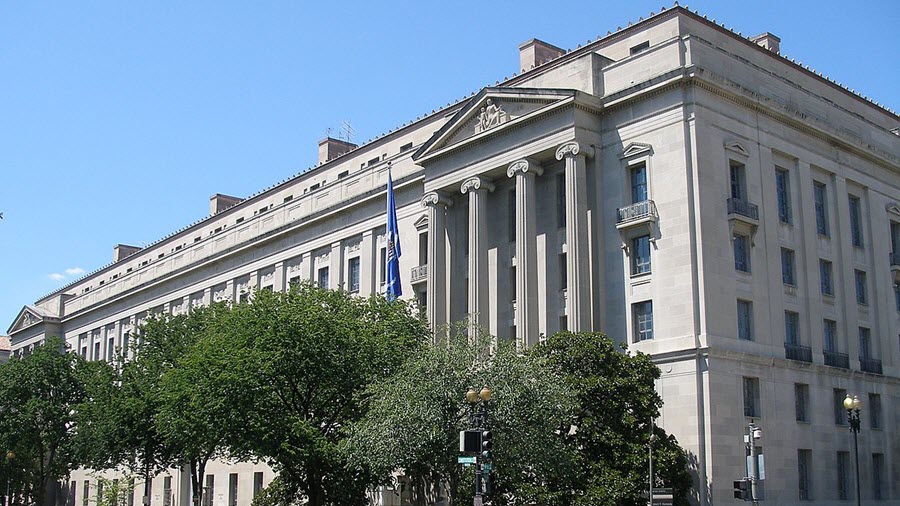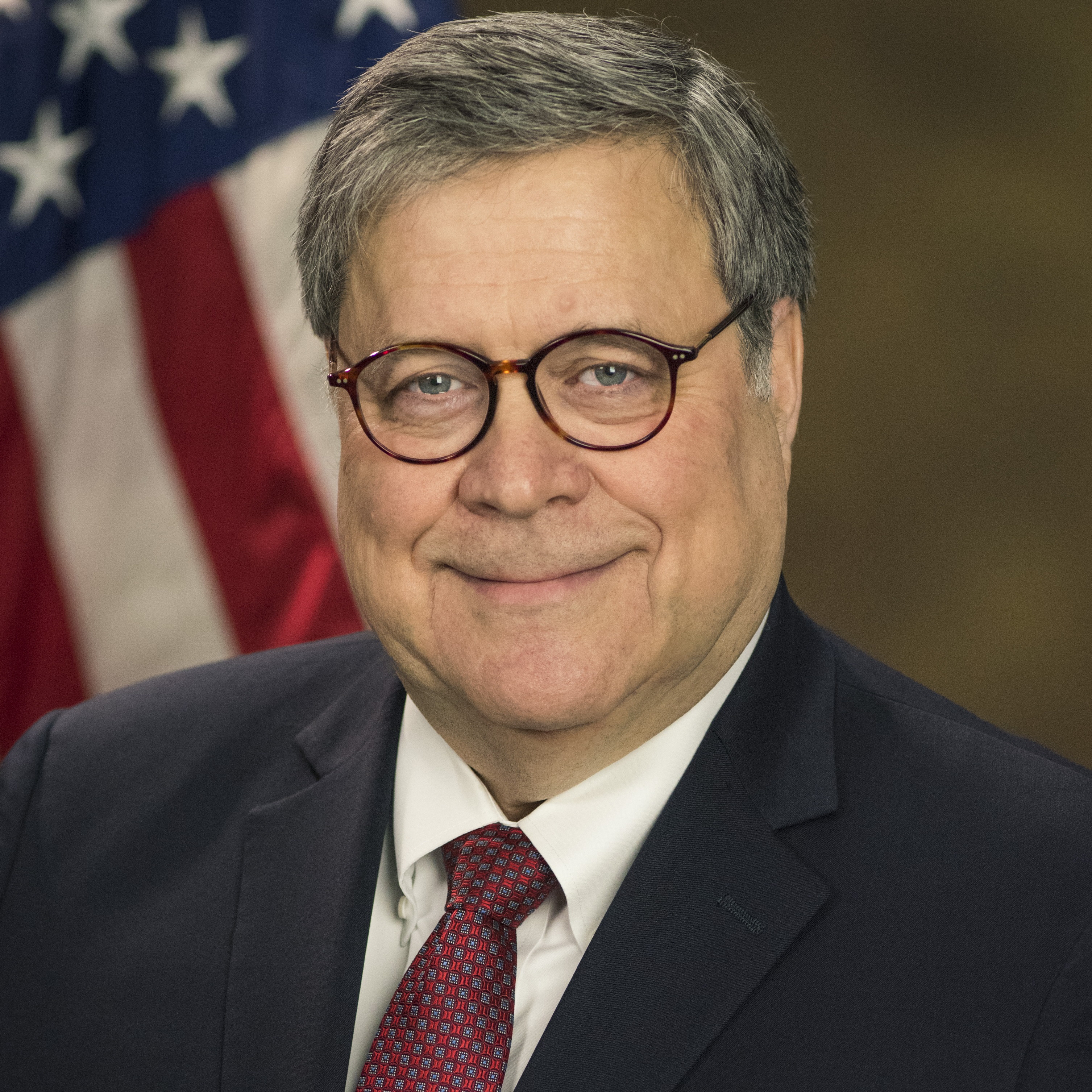DOJ Releases Child Online Protection Principles

The smarter way to stay on top of broadcasting and cable industry. Sign up below
You are now subscribed
Your newsletter sign-up was successful
The U.S. has teamed up with Australia, Canada, New Zealand, and the United Kingdom to offer up a set of voluntary principles to protect children who use their online platforms from sexual abuse and exploitation.

Attorney General William Barr unveiled the principles, developed in consultation with technology companies--Facebook, Google, Microsoft, Roblox, Snap and Twitter--at a press conference in Washington Thursday.
“For the first time, the Five Countries are collaborating with tech companies to protect children against online sexual exploitation," said Barr. "We hope the Voluntary Principles will spur collective action on the part of industry to stop one of the most horrendous crimes impacting some of the most vulnerable members of society.”
If they don't or perhaps even if they do, legislators are working on bipartisan legislation that would make edge providers like Facebook and Twitter liable for third party content that violates laws protecting children from sexual exploitation.
Justice was not tough on tech, saying that the voluntary principles were a way to "guide" tech companies with what DOJ suggested were already efforts to combat child exploitation online. It said the principles were something tech companies "can choose to implement to protect the children who use their platforms from sexual abuse online and to make their platforms more difficult for child sex offenders to exploit."
The principles are:
- Prevent child sexual abuse material (both weeding out known material and preventing new material from being posted)
- Target online grooming and preparatory behavior, (including advertising, recruiting, soliciting, and procuring)
- Target livestreaming;
- Prevent searches of child sexual abuse material from surfacing;
- Adopt a specialized approach for children;
- Consider victim/survivor-led mechanisms; and
- Collaborate and respond to evolving threats, including sharing and publishing data and best practices.
“When it comes to tackling child abuse committed on online platforms and services, the digital industry has a vital role to play,” said Australian Minister for Home Affairs Peter Dutton in a statement. “The Voluntary Principles will help industry optimize these efforts; they reflect Governments’ expectations of digital industry, and are scalable and practical to implement across various platforms — from search engines to gaming services to social media networking sites.”
The smarter way to stay on top of broadcasting and cable industry. Sign up below
As companies voluntarily contemplate the principles, Justice wants them to ask themselves questions like:
"Will children be attracted to a new service, and if so, how can risks of predatory behavior against them be mitigated?
"Have technologies been developed that — with a high degree of accuracy, and with few, if any, false positives — detect exploitation that is occurring and stop it?
"Do disappearing messages or certain encryption tools appropriately balance the value of privacy against the risk of safe havens for exploitation?"
The participating countries have tapped the WePROTECT Global Alliance, comprising members from government, industry and civil society, to promote the principles and be a clearinghouse for information about industry buy-in to the principles, as well as identify gaps in the "global response."
Contributing editor John Eggerton has been an editor and/or writer on media regulation, legislation and policy for over four decades, including covering the FCC, FTC, Congress, the major media trade associations, and the federal courts. In addition to Multichannel News and Broadcasting + Cable, his work has appeared in Radio World, TV Technology, TV Fax, This Week in Consumer Electronics, Variety and the Encyclopedia Britannica.

